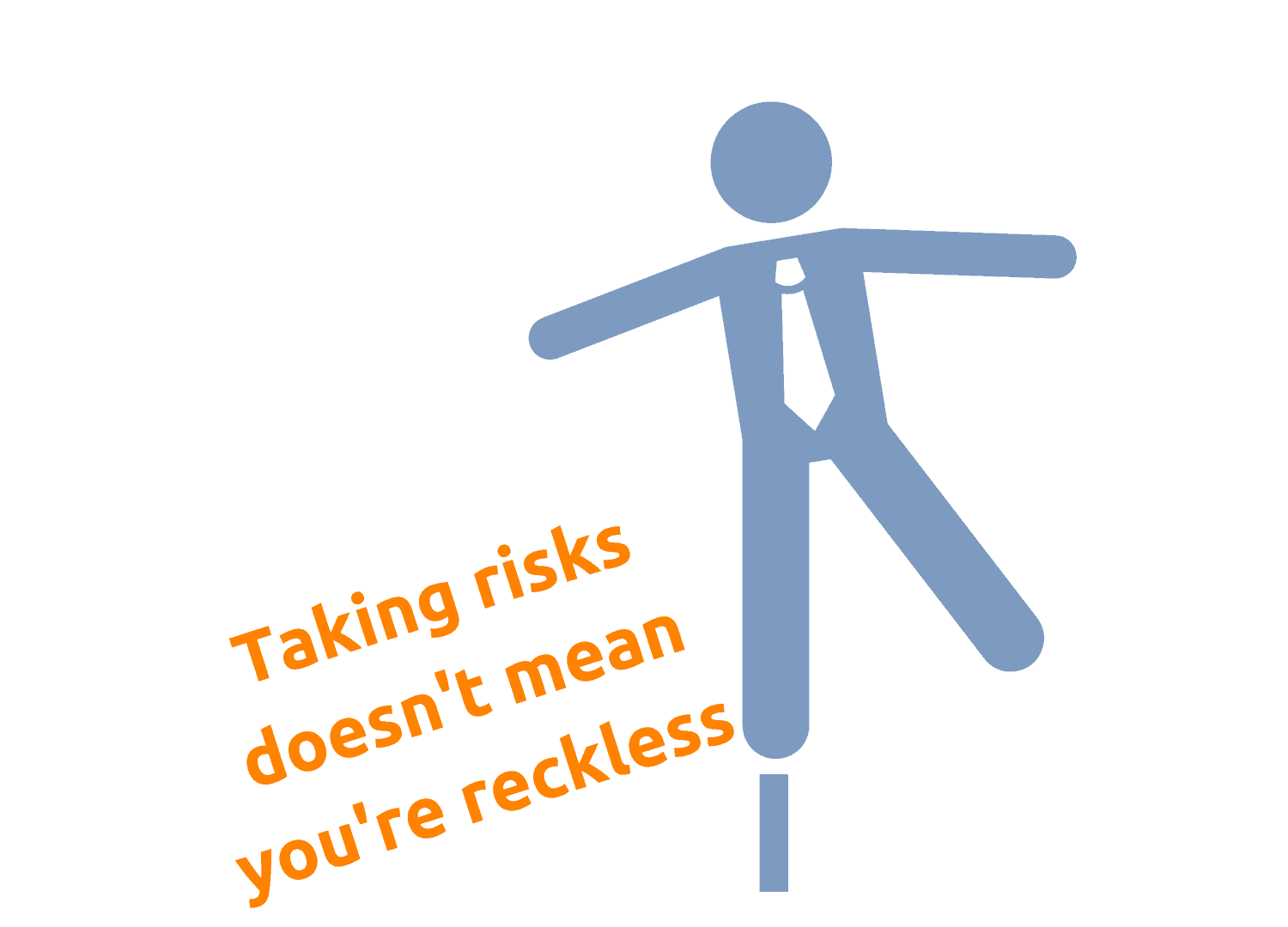Are you a risk-taker or do you play it safe? At some point you’ve heard this question, likely off the list of standard questions during a job interview. More than likely, it made you think to yourself, am I a risk-taker? Either way there are negative and positive associations to your answer. If you answer yes, perhaps you’ll be thought of as someone who is careless, can’t evaluate consequences or visualize the ‘big picture’ but is fearless, takes on challenges and isn’t afraid to fail. If you answer no, perhaps you’re viewed as over analytical, afraid of making mistakes, and adverse to change but one who thinks of others and places value on safety and security. Tough call!
Today we are in a time of innovation and optimization, and some would say this rapid leap in technology was guided by those willing to take risks. Pandemic times have forced the business world to reanalyze their systems as they propelled to the “new normal” with largely no time for evaluation, only split-second decisions that were either going to allow a business to survive or not. Bill Aulet, a senior lecturer at the Massachusetts Institute of Technology Sloan School of Management, insists that doing things the way they’ve always been done at a time of such uncertainty is the “most risky thing you can probably do.”
This fight or flight mentality has been driving leaders for the past 2 years cycling their teams through unexpected problems followed by instantaneous solutions. The future of the economy, job retention, employee shortages, and resource inflation weigh heavily on those responsible for driving growth within our organizations.
“To achieve results you’ve never seen, you need to do things you’ve never done. Being a risk-taker in these volatile and fast-moving times can accelerate success and mitigate the effects of staying stagnant.”
Courtney Weiss – Managing Director, Change Consulting Levvel Inc.
What you may consider risky, may not be for others. An important fact to realize is that just because someone is considered a risk-taker, doesn’t mean that they are reckless. The concept of a risk is all relative to a person’s experiences, psychological make-up, the physiological functions in our bodies, the culture in which we grew up and wider societal acceptance of risky behaviour. It’s also true that risk varies depending on the business environment. For example, in the start-up tech culture, taking risks is seen as being fundamental for success. But for those more risk adverse – how do we equip our people with the tools and knowledge they need to take the calculated risks required for success? How do we help them trust their skills and experience to thoughtfully take actions they may never have had to consider?
Here are some suggestions.
Then assess the probability – this risk may…
- be very likely to occur
- have some chance of occurring
- have a small chance of occurring
- have very little chance of occurring
“At Levvel we understand that risk comes with innovation and growth. Taking those business risks to realize successful outcomes includes identifying, understanding, mitigating, and assessing all the risk factors. So really it doesn’t feel ‘risky’, it feels progressive.”
Chantal Milloy – COO & Co-founder Level Inc.

Levvel has worked with businesses across North America to help them engage, equip, and empower their teams to not only manage change but measure the success and see growth. With Change comes risk, so being equipped with the right tools that help to identify and execute a clear path forward is paramount. These skills become a competitive advantage and core competency in organizations.
More often than not risks are worth taking, especially to be successful, change and risk means giving up something to achieve something else. If you’ve put in the work to assess and measure, risk-taking may not be that risky!
~Cherene Kambeitz, Marketing & Communications Director – Levvel inc. Reach out to Connect@levvel.ca


